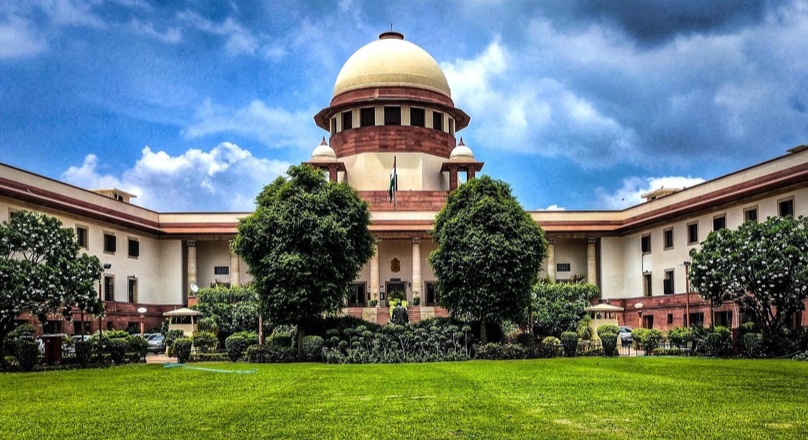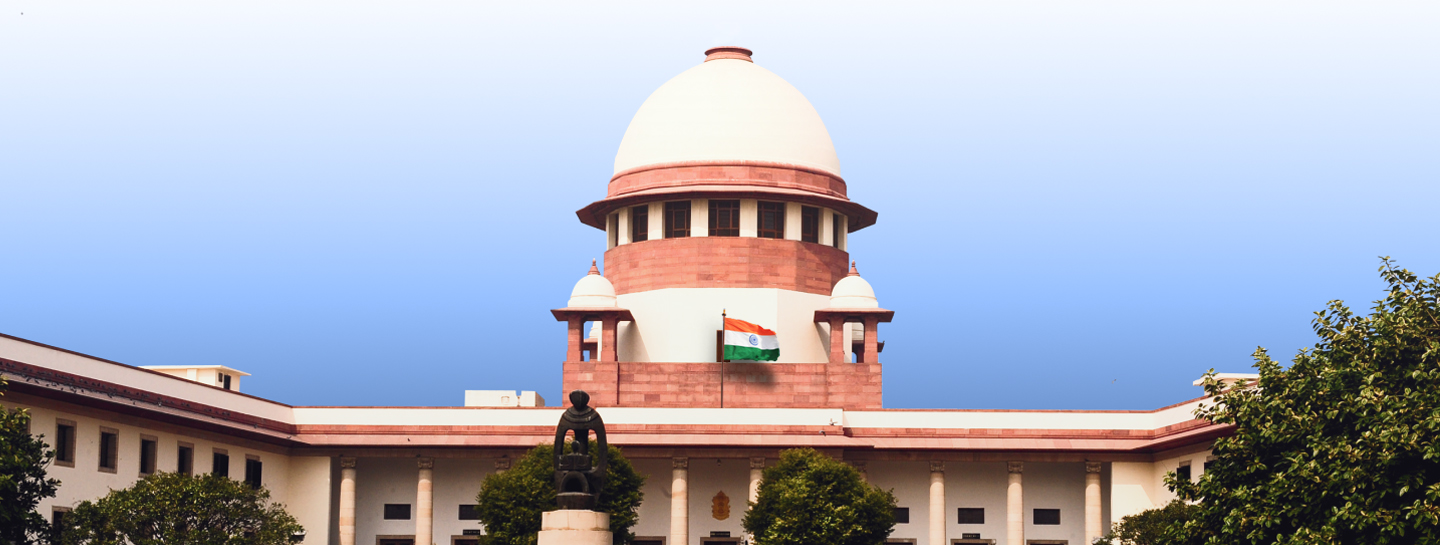The Supreme Court ruled on Friday that the National Medical Commission (NMC) guidelines regarding eligibility for the MBBS course, specifically the requirement to have “both hands intact,” need to be revised. [Anmol v. Union of India]
Justices BR Gavai and KV Viswanathan highlighted that this guideline contradicts the Rights of Persons with Disabilities Act and Article 41 of the Constitution, which mandates the State to ensure access to work and education for individuals with disabilities.
The Court stated, “In our view, this prescription of ‘both hands intact…’ is entirely contrary to Article 41 of the Constitution, the principles of the United Nations Convention on the Rights of Persons with Disabilities, and the provisions of the RPwD Act. It perpetuates a harmful classification that promotes ableism, suggesting that individuals with typical abilities or faculties are superior.”
This ruling followed the case of a student who passed the National Eligibility cum Entrance Test (NEET) 2024 but was denied admission due to not meeting the NMC’s eligibility criteria.
The appellant, with a 50% locomotor disability and 20% speech and language disability (totaling 58%), sought an assessment at the Government Medical College, Chandigarh. Despite no clear justification and without evaluating the appellant’s functional disability, the Disability Assessment Board declared him ineligible for the medical course.
After the Punjab & Haryana High Court declined to override expert opinion, the appellant appealed to the Supreme Court.
Previously, the Court had ordered a five-member board to re-assess the appellant’s disability. Although the board adhered to the NMC’s rule requiring “both hands intact,” one member, Dr. Satendra Singh, disagreed, arguing the appellant should not be excluded based on this criterion.
The Court supported Dr. Singh’s approach, suggesting that rather than barring a candidate initially, medical professionals could assess his ability to specialize in non-surgical fields or serve as a General Duty Medical Officer after completing the MBBS course. The Court also emphasized that presuming incompetence at the outset is unfair without first considering accommodations and assistive technologies.
The Court affirmed the need for “flexibility in addressing individual needs,” describing it as a fundamental aspect of reasonable accommodation.
Referencing its 2024 decision in Omkar Ramchandra Gond v. Union of India, where the Court called for revisions to the NMC guidelines, the Court in this case reiterated that the “both hands intact…” requirement has no legal basis and fails to assess candidates’ functional abilities, undermining the rights of persons with disabilities.
The Court also criticized the rule as a mockery of reasonable accommodation principles. In allowing the appeal, the Court recalled that the NMC had promised to establish a committee to review the guidelines, including members with disabilities or experts in disability rights.
The case is set to be reviewed on March 3 to ensure the NMC has revised the guidelines in line with the Court’s earlier directives.



